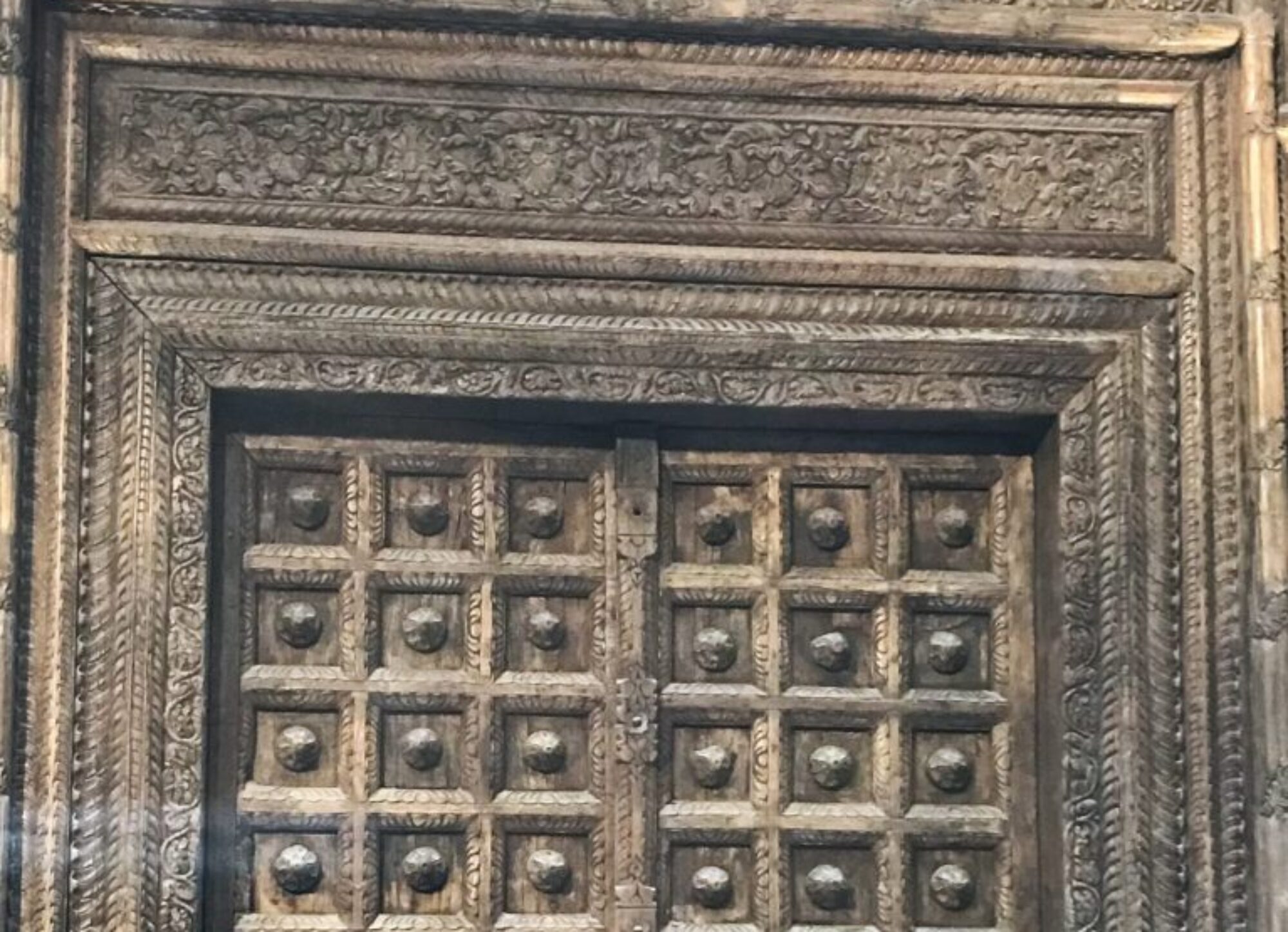Life was uncomplicated when I was young. If we did not have something, there was no fear of missing out. If we did have something, it was ours to enjoy, cherish and safeguard. For ever.
We never threw away a toy, a watch, a radio set or any other possession merely because it became old, or a newer model was available. If something did not work properly, we fixed it. If it broke, we repaired it. We were expected to value everything till the end of time. Thus, if the strap of a chappal broke, we changed the strap. If a pen stopped working, the ink cartridge was changed. One bag saw me through seven years of schooling, with no more than three trips to the cobbler for repairs when it got torn.
Most products lasted for years and years and sometimes even generations. Long ago, my mother owned a pair of scissors on which was etched, in Urdu, the legend ‘Dada Kharide, Pota Barte’. Translated, it meant that the scissors were good enough to last for three generations or more. In that age and time, any person who had the impudence to suggest that his product had an expiry date, or worse that obsolescence was built into it, would be called a swindler and a crook. Today, we are inured to the manufacturers of expensive telephones informing us matter-of-factly that their product will stop working after a certain date. Imagine the outrage if one fine morning the Rolex company were to declare that all their watch models older than five years would stop working from next Monday!
For families on the cusp of the middle-middle and upper-middle classes, cars were the ultimate validation of the belief that every effort must be made to repair something before it was junked. Middle Class car owners in Delhi knew that corner shop in Bhogal which specialised in retreading tyres. Chunnu Mian, who ran his poky little workshop behind the Jama Masjid, could refurbish any broken shock absorber. And the Janata Batterywala in the lane behind Moti Cinema in Chandni Chowk sold the best reconditioned batteries this side of the Khyber Pass. The Gen Y and Z shall never exult in that rush of dopamine when a dead engine comes to life after you, your brother and the neighbourhood chowkidar push-start the car on a wintry morning. No one will talk to these generations knowledgeably about ‘reboring’ the engine, about oversized pistons, about universal cross joints or about the use of soap solution as brake fluid – because they replace the old car before it is not even half old.
When life was uncomplicated, refrigerators, air conditioners and scooters were once-in-a-lifetime purchases, the same as cars. Appliances such as sewing machines, ovens, irons and washing machines lasted for years and years and were called ‘consumer durables’. We had a table fan at home when I was a child which, years later, I took to my college hostel. Had some burglar not stolen it, I would probably still be using it today, sixty years on. Even items with a defined lifespan lasted longer than they were supposed to. Wall calendars lived beyond the years – as covers of books, framed as pictures or pasted on windowpanes to block the sun.
Sadly, nowadays things are born only to die. It is no longer a question whether something will die. It is a question of when. To increase sales, manufacturers deliberately shorten the lives of their products. Sometimes these become obsolete with the arrival of newer models and sometimes due to nonavailability of key components. Consumer durables no longer endure. Television sets and microwave ovens self-destruct almost immediately after the expiry of their two-year warranty, and appliances like vacuum cleaners and geysers refuse to abide with us. Clothes that were deliberately stitched a size too big so that a child would wear them for two or three years are now discarded in a few months because of changing pret lines. Earlier we ate anything that was not visibly spoilt or smelling to the high heavens. Now we look for a best before date. Even honey is marketed with a shelf life of one year, and salt comes with an expiry date!
The plumbers of today junk a whole faucet fitting if it leaks, rather than trying to repair it. In contrast, their fathers used cotton thread and zinc oxide paste before sheepishly suggesting that a new tap be bought. Not to be left behind, the electricians now visit our homes as if they are senior consultants rather than maintenance guys. They grandly announce the fate of various things – every fitting or appliance that might be defective is sentenced to death, to be replaced with a new one. The modular concept ensures that no effort is ever made to repair any electrical or electronic gizmo.
We certainly live in an evanescent age now, in which nothing lasts. This age demands that everything old must be discarded, to be replaced by the new. This philosophy has been gradually extended to all spheres of our existence. Pens. Watches. Shoes. Jackets. Tables. Computers. Cars. Houses. Maybe even relationships?
